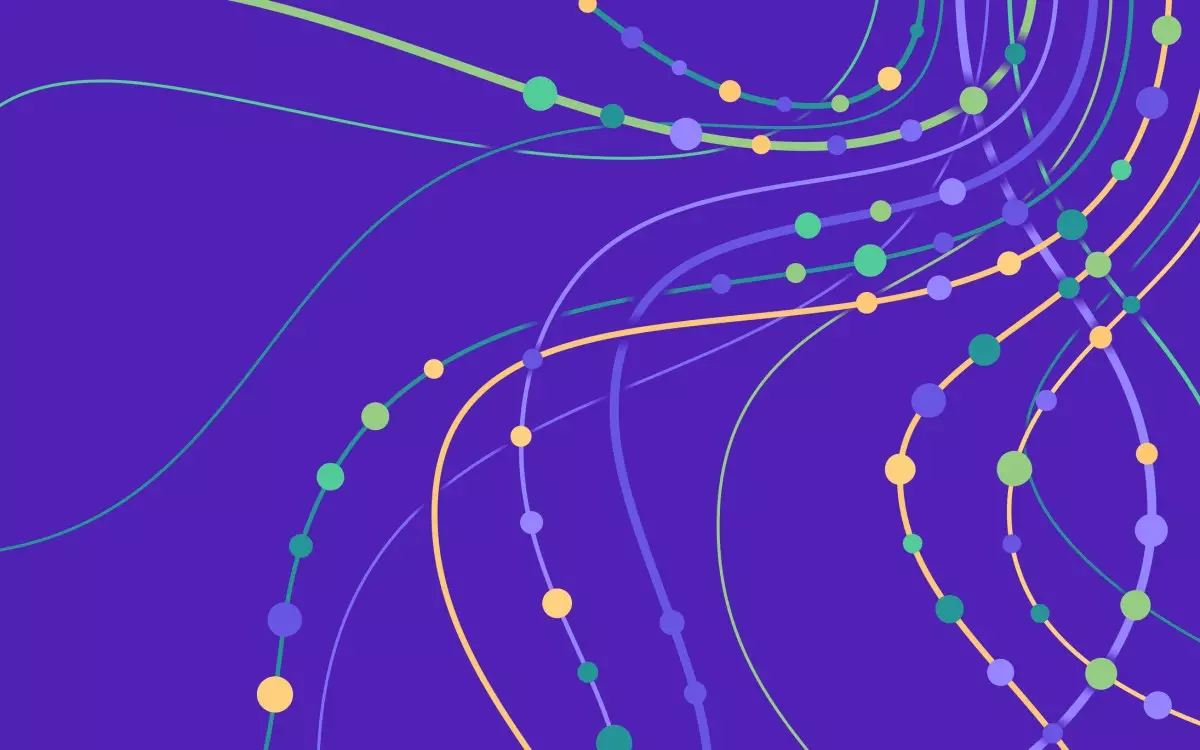François Chollet, a prominent figure in the realm of artificial intelligence (AI), has made headlines with his new venture, Ndea. This ambitious startup is focused on creating frontier AI systems that challenge conventional methodologies. As the architect of Keras, a well-known deep learning framework, Chollet brings a wealth of expertise to this new initiative, aiming to push the boundaries of what AI can achieve. Ndea is distinguished by its commitment to developing artificial general intelligence (AGI)—intelligent systems that possess the capability to perform any intellectual task that a human can do. The pursuit of AGI has captivated researchers and corporations alike, positioning it as a holy grail in the AI landscape.
Chollet’s declaration on social media regarding Ndea’s objectives reflects a transformative approach. He emphasized that rather than following established paths, the startup intends to forge a new avenue for AI development centered around true innovation and adaptation. Essential to this vision is the belief in achieving a breakthrough that enables machines to learn and evolve similarly to humans, devoid of rigid constraints. The notion of “true invention” suggests a shift from traditional AI, which often excel at specific tasks but struggle with generalization.
At the heart of Ndea’s strategy lies program synthesis, a technique that enables AI to deduce solutions from minimal information, thereby generalizing knowledge beyond previously encountered scenarios. This facet of machine learning stands out as a potential game-changer, as it promises to tackle some of the most persistent challenges in AI research. Chollet posits that while program synthesis is typically resource-intensive, advancements in computational techniques could alleviate these demands, facilitating rapid scientific advancement. His assertion that leading AI laboratories are increasingly drawn to program synthesis underscores its growing significance in the field.
However, the ambitious goal of achieving AGI through program synthesis raises critical questions regarding feasibility and ethics. The tech community must examine the potential implications of developing autonomous systems capable of unsupervised learning, particularly concerning societal impacts and moral considerations. The need for a robust ethical framework becomes paramount as researchers delve deeper into these uncharted territories.
Chollet is not the only notable figure involved in Ndea; he has partnered with Mike Knoop, co-founder of Zapier and an expert in AI. Knoop is redirecting his focus solely toward Ndea while remaining a crucial advisor at Zapier. This collaboration blends Chollet’s extensive experience in AI with Knoop’s practical insight into operationalizing software tools, creating a formidable duo poised to navigate the complexities of AI development.
Their synergy is particularly reflected in Knoop’s vision of utilizing deep learning-guided program synthesis to create AGI. He emphasizes the excitement of exploring unimaginable frontiers, stereotyping the process as a form of “time travel” into future innovations and discoveries. As they build their team, aiming for expertise in program synthesis, their objective is clear: to cultivate a cadre of top-tier specialists capable of addressing revolutionary challenges in the AI domain.
The Future of Independent AI Research
Chollet’s transition from a major tech company, Google, to the startup landscape is emblematic of a broader trend where seasoned researchers depart from established giants to pioneer independent AI labs. This shift highlights a growing inclination towards innovative approaches and disruptive technologies, fostering an ecosystem ripe for experimentation and collaboration. Other notable exits include Ilya Sutskever, who left OpenAI to create his own lab, and Fei-Fei Li, who is spearheading efforts to develop advanced AI systems at World Labs.
Such movements not only signal a rethinking of how AI can be developed but also suggest that the future will feature a landscape of diverse, independent entities vying to unlock the full potential of AGI. The quest for intelligent systems that can innovate and adapt is no longer confined to established corporations but is becoming a rallying point for visionary influencers who are willing to explore new paradigms and challenge the status quo.
As Ndea embarks on its journey to redefine AI capabilities, the implications of its work extend far beyond technical achievements. The challenges of AGI are not just about algorithms and systems but involve navigating ethical considerations and societal impacts. The collaboration between leaders like Chollet and Knoop signals a significant moment in technology, brimming with the promise of groundbreaking discoveries. With the stage set for an exciting future, the AI community watches closely, recognizing that endeavors like Ndea could very well shape the trajectory of artificial intelligence for decades to come.

